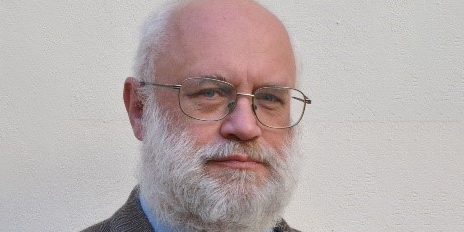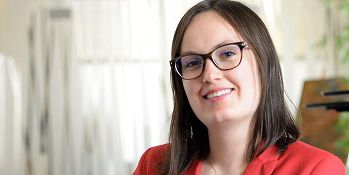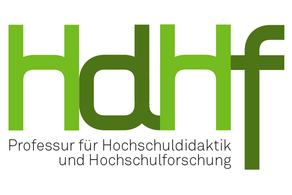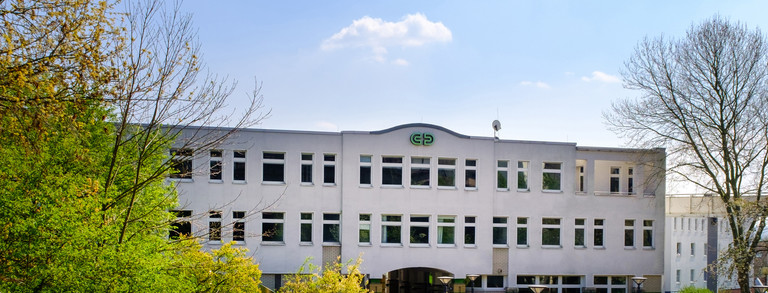Prof. Dr. Rimantas Želvys & Rūta Bružienė
Managerialism in Lithuanian Higher Education


Vortrag in englischer Sprache
Higher education reforms based on principles of new public management have been witnessed world-wide since the 1990. These reforms focus on efficiency and effectiveness of universities but also influences and other parts of universities life, such as academic autonomy and self-governance. Inevitably these changes have manifold effects for academic work in the form of pressure to perform better in research and teaching, writing performance reports or less collegial self-governance and academic power.
In Lithuania since early 2000, and mostly since 2009 with the Law on Higher Education and Research, several higher education reforms implementing principles of new public management were introduced. The reforms strengthened institutional autonomy of universities at the expense of academic self-governance. University senates were weakened in their position and university boards took over responsibilities for strategic decisions, the performance-based employment, competition for research funding and student grants were implemented. These reforms also changed the academic personnel work conditions significantly – our findings show that 70% of Lithuanian academics perceive their higher education institutions as highly managerial, whereas only 30% indicate a low level of managerialism at their institutions. So, we need to discuss how managerialism in higher education effects academic profession, academic identity and academics work satisfaction.
Rimantas Želvys has studied at Vilnius University (Lithuania) and the University of Wolverhampton (United Kingdom). His doctorate was awarded at the Leningrad V. Bechterev psychoneurologic scientific research institute (Russia). He is a former Director of Lithuanian In-Service Teachers Training Institute, former Vice-Rector of Vilnius Pedagogical University, former Head of Department of Education at Vilnius University. Currently Prof. Habil. Dr. Rimantas Želvys is a professor of Education at Vilnius University, consultant and expert of the World Bank, OECD and European Commission in a series of educational projects in post-communist countries of Eastern Europe and Central Asia. He was a visiting professor at the University of Latvia (Latvia), Semey Shakarim University, National Womens‘ Pedagogical University and National Abai University (Kazakhstan).
Prof. Habil. Dr. Rimantas Želvys is the author of the book in English "Managing Education in a Period of Change" (Oslo: ELI Publishing, 1999) and a number of books and academic publications in Lithuanian. His main fields of research are Higher Education, Education Policy and Management, Education Reforms.
Rūta Bružienė is a PhD student at Vilnius University, Lithuania, since 2017 and the topic of her PhD thesis is “University mergers in Lithuania: discourse analysis”. She graduated from Vilnius University with a MA of Law in 2012 and MA of Education in 2014. During and after the studies, Rūta has worked as public auditor in National Audit Office of Lithuania, where her expertise area was education. Later she has worked as Head of Study Office at ISM University of Management and Economics. Also, she was a member of the advisory committee of the Office of Ombudsman Academic Ethics and Procedures of the Republic of Lithuania.
Currently Rūta Bružienė is a junior assistant and researcher at Vilnius University. While her current research focuses on university mergers and mostly on the political aspects of this phenomenon, the field of her research also includes various aspects of higher education management and policy, such as issues of financial support in higher education, global policy impact on national higher education policy, governance and organizational issues of higher education institutions.
Mittwoch, 11. November 2020, 16:00–17:30 Uhr | Online
Zentrum für HochschulBildung (zhb)
Professur für Hochschuldidaktik und Hochschulforschung
Diese Veranstaltung des Baltisch-Deutschen Hochschulkontors wird durch den Deutschen Akademischen Austauschdienst (DAAD) aus Mitteln des Auswärtigen Amtes der Bundesrepublik Deutschland gefördert.






